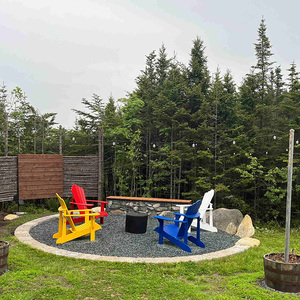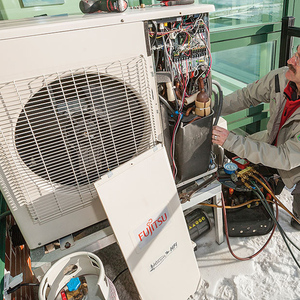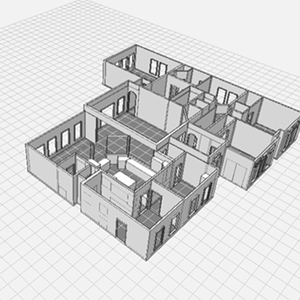Interested in using radient floor heating in a 3600+ sq. ft. home I am soon to break ground on. Looked at a number of different variations to include a few I have simply discounted as being a bit to gimmick orientated.
Hydronic or electric? Really, I am open to suggestions as to whats working well and what isn’t. Rather than going out to Dogpile or MetaCrawler and simply slogging through tons of unwanted material can you send me to some reputable company sites?
Thanks!
– Brent



















Replies
Hydronic w/geothermal heat pump if it's in your budget!
Measure it with a micrometer, mark it with a piece of chalk and cut it with an axe.
Hydronic..over subfloor w/ gypcrete with good results so far. Just put in under-subfloor type(stapled underneath)..not quite sure of effectiveness yet. Geotherm would be a hit. But there are a number of boiler/hot H2O combos out there too. Good luck
You are comparing a source of energy (electric) with an energy delivery system (hydronic).
That is equivalent to asking if you should get a truck with a desiel engine or one with 4 wheel drive.
First you need to look at your cost of energy for the different source, wood, gas, propane, oil, solar, resistive electric, ground source heat pump, etc.
In almost all case the cost of resistive heating (either electric radiant heating or electric boiler) is too high for any but suplimental heat. For example to warm a bathroom or as backup to a solar or wood heat.
Then you need to look at the cost of equipment use with the different sources of energy.
Here's a nice start:
http://www.eren.doe.gov/consumerinfo/refbriefs/bc2.html
Let us know what questions are still unanswered afterwards.
Thanks for all the information. Though true I was about comparing apples to oranges here (diesel vs 4x4). Touche', my bad. That came from a discussion with a vendor that did more of the talking while I feined any real interest.
Taking a very long term approach to heating I have been looking at GeoThermal long term. Expense is something that you can measure long and short term. Short term yeah its a few bucks more (~20% more). Long term it should pay for itself nicely over time with a very well insulated home (R 39-51). With 41 acres of land the runs aren't going to be a problem either.
Where I was beginning to have problems, before reading the above links was with the non concrete (basement) type instalations. The link above pointed me in the right direction, thanks again for that link.
- Brent